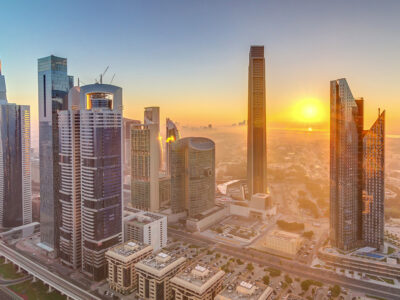UAE summer will begin on June 21, 2023, at 18:58 (UAE time), the Emirates Astronomy Society announced.
While June 21 marks the beginning of this season, summer is expected to last for three months.
During the summer season, the sun will be positioned directly above the Tropic of Cancer, resulting in minimal shadows across the Arabian Peninsula.
In areas where the sun is directly overhead, such as the southwestern regions of the UAE, there will be no shadow at noon.
Ibrahim Al Jarwan, Chairman of the Board of Directors of the Emirates Astronomical Society, has highlighted that the summer season will have the longest daylight hours.
The summer solstice, occurring from June 18 to 24 in the UAE, will have days lasting more than 13 hours and 45 minutes, making June 21 the longest day of the year. Conversely, this period will also see the shortest nights.
Al Jarwan has further explained that the first half of summer, spanning from June 21 to August 10, will witness rising temperatures, reaching as high as 43 degrees Celsius during the day and 28 degrees Celsius at night.

Dry weather and rising winds: Summer conditions
The weather will generally be dry, followed by increased wind activity. In some areas, hot air waves may even push temperatures above 50 degrees Celsius.
The second half of the sunny season, from August 11 until the autumn equinox on September 23, will be characterized by high humidity and heat.
Moist winds from the Kos region and the formation of cumulus clouds will bring about thunderstorms known as “Al Rawayh.” This period will see a shift towards more humid conditions.
The astronomical summer season will come to an end on September 22, signaling the beginning of autumn as the sun moves southward, perpendicular to the equator.
During this period, temperatures will gradually decrease, humidity will rise sharply, and fog, dew, and early morning rain will become more common.







